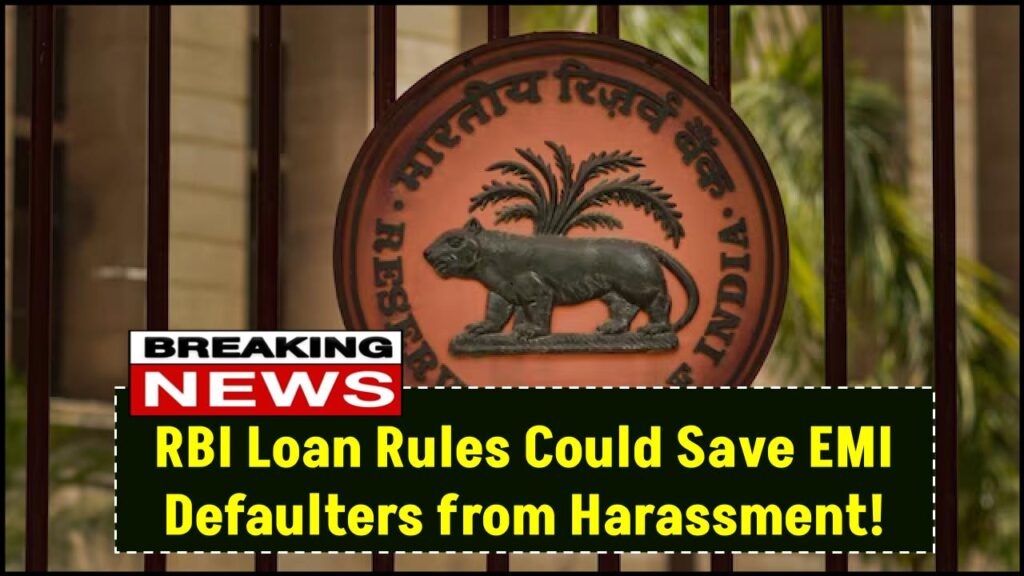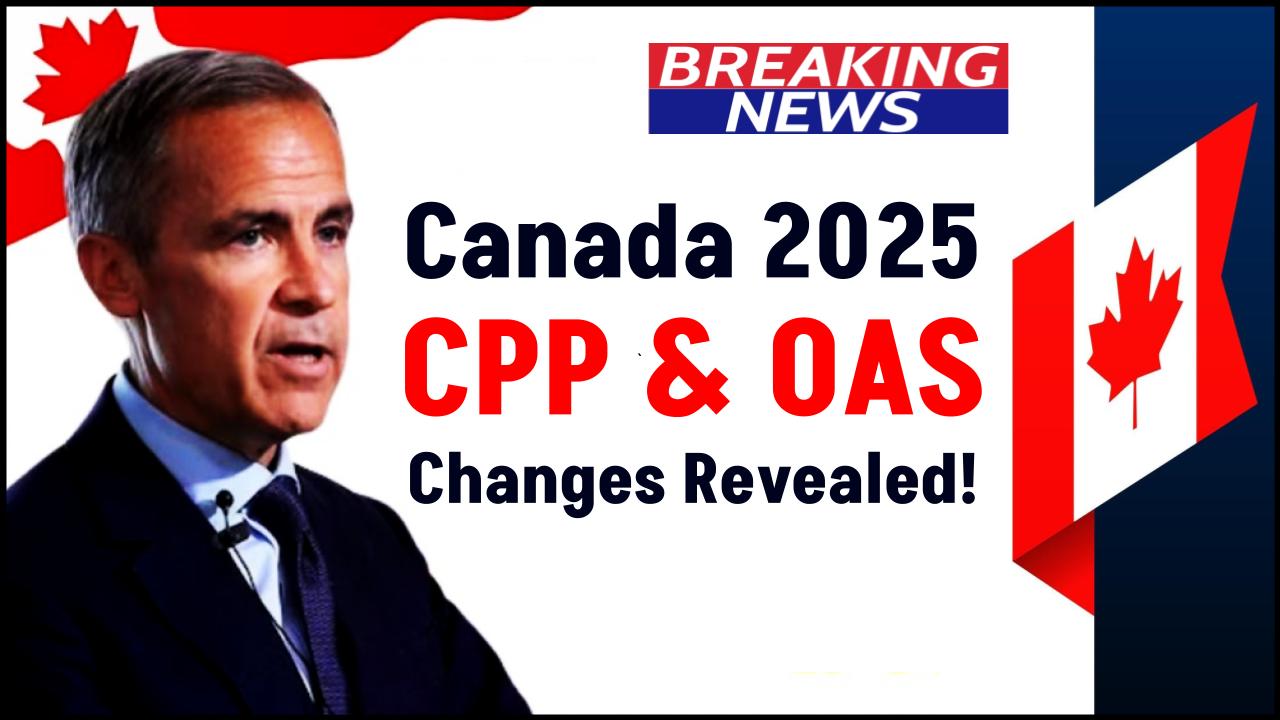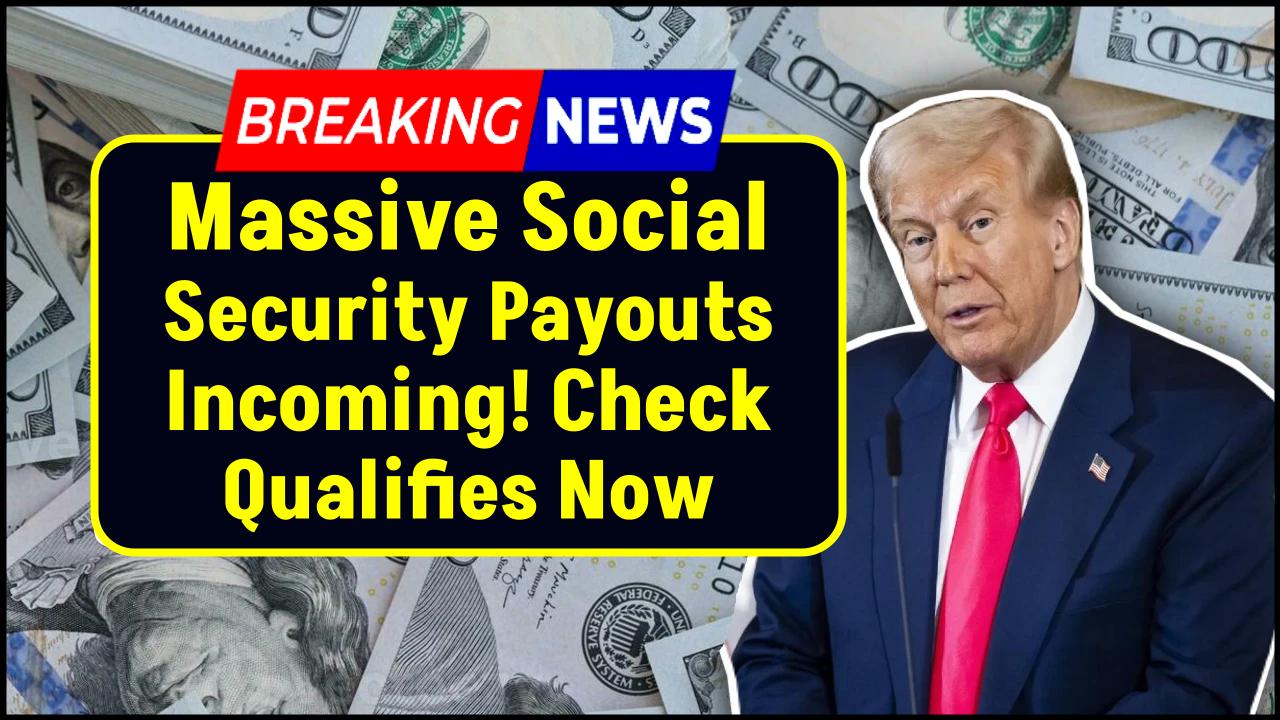New RBI Loan Rules: The Reserve Bank of India (RBI) has rolled out new guidelines that could be a game changer for millions of loan borrowers across India. These changes, effective from July 15, 2024, aim to protect people who default on EMIs (Equated Monthly Installments) from harassment, while still allowing banks to recover dues lawfully.

Whether you’re a salaried employee, a small business owner, or someone struggling to meet loan repayments, understanding these new RBI loan recovery rules is essential. They don’t just offer protection; they also provide a clear framework to ensure fairness, transparency, and accountability in the loan recovery process.
New RBI Loan Rules
| Feature | Description |
|---|---|
| Policy Effective Date | July 15, 2024 |
| Borrower’s Right to Be Heard | Minimum 21-day notice before fraud classification |
| Recovery Agent Regulation | Strict working hours (8 AM – 7 PM), no harassment allowed |
| Support for Financial Distress | Loan restructuring, moratoriums, partial waivers encouraged |
| Legal Reference | RBI Official Circular |
The RBI’s 2024 loan recovery reforms are a strong move toward balancing financial discipline with human dignity. These rules give borrowers a voice, hold lenders accountable, and ensure that recovery processes are ethical, legal, and humane. By knowing your rights and the steps to take, you can protect yourself and even negotiate better terms if you’re in genuine distress.
Why These Changes Matter
In recent years, India has seen a surge in digital lending and personal loans. Unfortunately, aggressive recovery tactics and unauthorized agents have caused mental and emotional stress for borrowers. According to The Financial Express, many borrowers have reported threats, intimidation, and even public shaming.
The RBI’s reforms aim to stop these malpractices by setting strict rules for lenders and agents, and by empowering borrowers with clear rights.
1. Mandatory Hearing Before Fraud Classification
One of the most impactful rules is that borrowers must be heard before their loan account is declared fraudulent.
- What it means: Banks can no longer label a borrower as a “fraudster” without giving them a chance to explain.
- Show-Cause Notice: A detailed explanation must be provided to the borrower, who then gets 21 days to respond.
- Legal Backing: This aligns with the Supreme Court’s stance on natural justice. Read more.
Example: If a borrower misses 3 EMIs, the bank must send a written notice and give them time to clarify before marking the account as fraud.
2. Stricter Recovery Agent Regulations
The new rules clamp down on unethical recovery practices:
- Working Hours: Agents can only call or visit between 8:00 AM to 7:00 PM.
- No Harassment: Verbal abuse, threats, or coercive tactics are banned.
- Identification Required: All agents must carry valid IDs and authorization letters from the bank.
More details on legal safeguards
3. Structured Settlement Options for Genuine Hardship
Recognizing that not all defaulters are willful, the RBI now encourages banks to help struggling borrowers through:
Extended Repayment Tenure
Banks can stretch the loan duration, making EMIs more affordable.
Moratorium Periods
Temporary relief from payments if the borrower is facing job loss, medical issues, or other valid reasons.
Partial Debt Waivers
A portion of the loan may be forgiven based on merit.
Learn more from Hero FinCorp
4. Borrower Rights You Should Know
RBI has made it clear: borrowers have legal protections and must be treated with dignity.
- Right to Privacy: Personal data cannot be misused.
- Right to Notification: Written notice is mandatory before taking any recovery action.
- Right to Fair Treatment: No physical or mental harassment allowed.
See the official summary on Aditya Birla Capital
What To Do If You’re Being Harassed
Step-by-Step Actions
- Document Everything: Save emails, call records, and screenshots.
- Raise a Complaint with Your Bank: Contact the Grievance Redressal Officer.
- Escalate to the RBI Ombudsman: If unresolved, escalate the issue here.
FAQs on New RBI Loan Rules
Q1: Can banks still take legal action against defaulters?
Yes, but only after following due process, including proper notice and documentation.
Q2: What if I lost my job and can’t pay?
Apply for restructuring or moratorium under the new RBI rules.
Q3: Is public shaming by agents allowed?
Absolutely not. RBI guidelines prohibit such practices and you can file a legal complaint.
Q4: Are these rules only for personal loans?
No. They apply to all types of loans issued by RBI-regulated lenders.
Q5: What if a fake agent contacts me?
Report them to your bank immediately. All agents must carry valid credentials.





